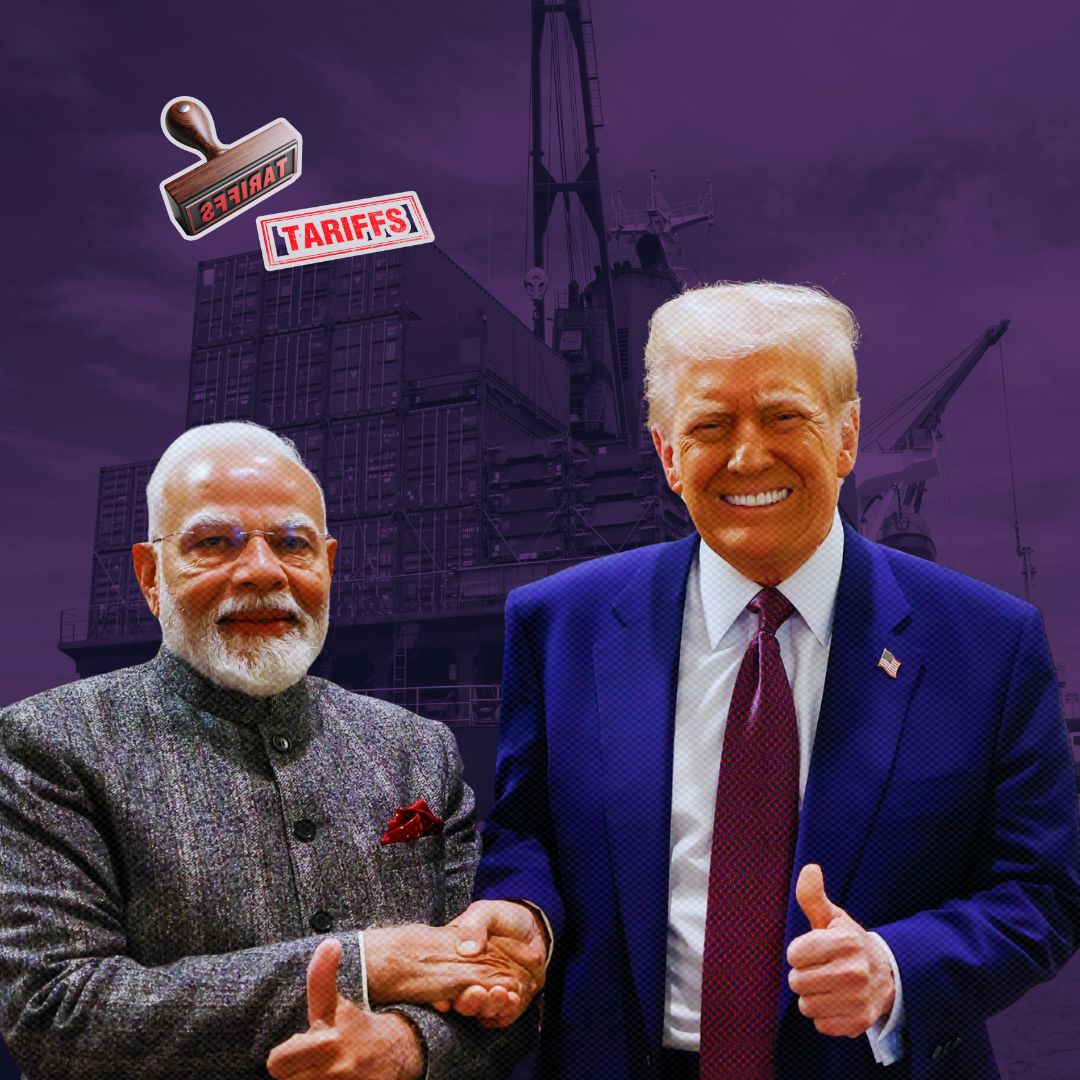Indian Prime Minister Narendra Modi is expected to visit the United States in late September 2025 to attend the 80th session of the United Nations General Assembly (UNGA) in New York City, scheduled to take place from September 23 to 29. While Modi’s participation is anticipated, official final confirmation is pending.
Modi is slated to address the UNGA on September 26 alongside leaders from Israel, China, Pakistan, and Bangladesh. A significant highlight of the visit is expected to be a high-stakes bilateral meeting with US President Donald Trump aimed at addressing escalating tariff disputes and stalled trade talks between India and the US.
Escalating Trade Tensions and Tariffs
Trade relations between India and the United States have become strained after the US imposed hefty tariffs on Indian imports. The US administration, led by Donald Trump, recently announced a total tariff hike of 50% on Indian goods, combining a 25% tariff and an additional 25% penalty specifically targeting India’s continued purchase of Russian crude oil.
These punitive tariffs were framed by the US as a response to India’s energy ties with Russia amid the ongoing Russia-Ukraine conflict. This has resulted in a deadlock in trade negotiation talks, which have stalled after five rounds of discussions. The key points of contention include US demands for India to open up its agricultural and dairy markets more substantially and to reduce its imports of Russian oil as part of sanction regimes.
Strategic Diplomatic Objective and UNGA Platform
While Modi’s official purpose in New York is to participate in the UN General Assembly, the visit has broader diplomatic significance. The UNGA provides an important platform for Modi to engage with global leaders among whom trade and geopolitical tensions loom large. Besides addressing the General Assembly, the visit is expected to include crucial bilateral meetings with US President Trump.
These talks are viewed as a critical opportunity to ease tensions and potentially revive the stalled Indo-US trade agreement. Additionally, Modi’s engagement on this global stage coincides with ongoing international efforts to negotiate peace in the Russia-Ukraine war. Modi has recently communicated with both Russian President Vladimir Putin and Ukrainian President Volodymyr Zelenskyy, reinforcing India’s interest in conflict resolution that upholds international stability.
Uncertainty and the Road Ahead
Despite preparations being underway, including accreditation and travel arrangements for the UN session, there is still no final decision on whether Prime Minister Modi will participate in person. Sources indicate the unresolved trade issues and the complex geopolitical environment factor significantly in this uncertainty.
It is expected that the outcome of US-Russia discussions, such as the impending meeting between Trump and Putin, and progress in trade negotiations will be decisive in shaping the final arrangements for Modi’s visit. The visit is also strategically timed ahead of the Quad summit scheduled to be hosted by India later this year and a possible US presidential visit to India, underscoring the importance of smoothing out bilateral issues to maintain the partnership.
The Logical Indian’s Perspective
This anticipated visit highlights the critical need for dialogue, diplomacy, and patience in resolving international disputes, especially when economic sanctions and geopolitical conflicts intertwine. The Logical Indian stresses that punitive tariffs and unresolved trade differences, if allowed to fester, risk hampering long-term strategic alliances and global economic stability. Sustainable cooperation based on mutual respect and understanding must replace confrontation to build trust between major democracies like India and the US.
As these nations navigate complex global challenges, from trade to peacekeeping, their ability to craft solutions through dialogue will set an example for the international community.












